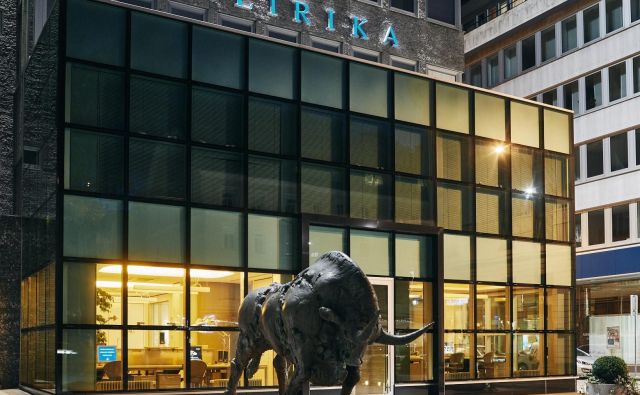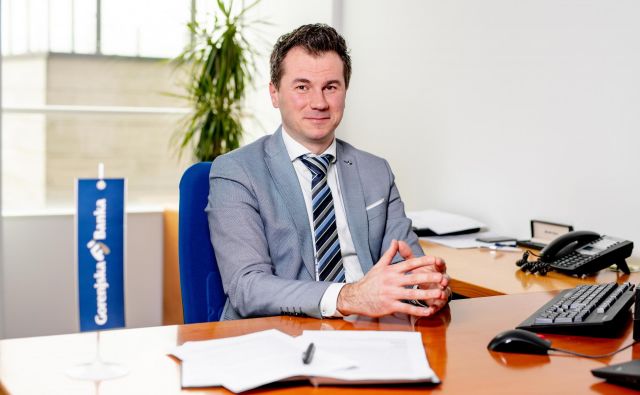CAIRO - Below me, from the balcony, I see a vast crowd gathered around a tent city that has spread in recent days and gives shelter to some of the many protesters who have not gone home in a week or more. Emotion fluctuates on the square, as unpredictable as the breezes that blow off the nearby Nile, periods of elation followed by fallow interludes of uncertainty. As of February 7, momentum was again with the countless Egyptians who will settle for no less than the end of President Hosni Mubarak's iron-fisted 30-year rule.
The immediate reason for the upsurge, and the subject of intense discussion, was the broadcast of an inter-view that night with Wael Ghonim, the Google execut ive who disappeared on January 27. His last message posted on his Twitter account before he was taken into custody said "Pray for Egypt" and warned of a planned government "war crime."
He re-emerged on February 7, after being held blindfolded in an undisclosed location by Mr. Mubarak's security goons, and tweeted once again: "Freedom is a bless that deserves fighting for it." The following afternoon, he briefly joined the tens of thousands of protesters in the square, energizing the crowd.
His interview, on one of Egypt's most watched shows, was shattering. He said, "This was revolution of youth of all of Egypt, I am not a hero," and he broke down when showed pictures of some of those killed.
Mr. Ghonim is a hero; and the remarkable scene on the square represents a breach in Mr. Mubarak's freedom-trampling security state from which it will not recover. Arabs have had it with being "disappeared" by thugs. A young, Facebook-connected generation of Egyptians has awakened the country from its long slumber. Whatever happens, Egypt and the Arab world will not settle back into the old habits of repression, fake elections and cowed silence. The Arab Jurassic Park is at the end of its life.
Perhaps I should say something about this apartment. It belongs to an artist sympathetic to the uprising. For days now, it has been an organizational center for what is a very diffuse movement. Mattresses are scattered across the parquet floor. Old photographs hang askew on faded walls. Computers on various tables are manned by students uploading calls to action - and of course Mr. Ghonim's interview - on their Facebook pages. There is no leader. There is just a single technology-linked will to be done with Mubarak, to "see his back," as Mohamed ElBaradei, the Nobel-prize-winning opposition figure, told me.
One student brought his father, an executive of a multinational company. "I am so proud of my son," he said. I asked why. "Because Egyptians have never come together before to fight for one simple thing - freedom."
It is true, Egyptians have not known freedom or the rule of law since the 1952 revolution that brought General Abdel Nasser and his military cohorts to power. They have known different worldviews - Nasser's pan-Arab socialism, Anwar el-Sadat's embrace of America, Mr. Mubarak's security-obsessed continuity - but never have they known freedom to speak their minds. As a result Egypt's once central place in the Arab world has often seemed peripheral. It is the people below me on the square now who are restoring Egypt's centrality - and the ripple effects, from Jordan to Yemen, are already powerful. It is a long road back from 60 years of oppression, but the process has begun.
In capitals around the world, leaders and officials are making their calculations. Will a democratic Egypt veer toward Islamism? Can Mr. Mubarak be sacrificed without chaos ensuing? What will become of the peace treaty with Israel if he goes?
Right here, right now, it is the spirit of Tahrir Square that answers all these questions - a spirit that is cooperative across generations and ideologies, committed to nonviolence, determined to embrace the give-and-take of freedom, powerful in its unity. Perhaps that is not a sufficient answer. But it is a compelling one and from here it seems irrefutable.
The Long Road Back*
I write this in a ninth-floor apartment, informally known as "The House of the Revolution," above Tahrir Square, the heaving center of Egypt's and the Arab world's uprising.
Objavljeno
11. februar 2011 13.38
 Tiskane izdaje
Tiskane izdaje























